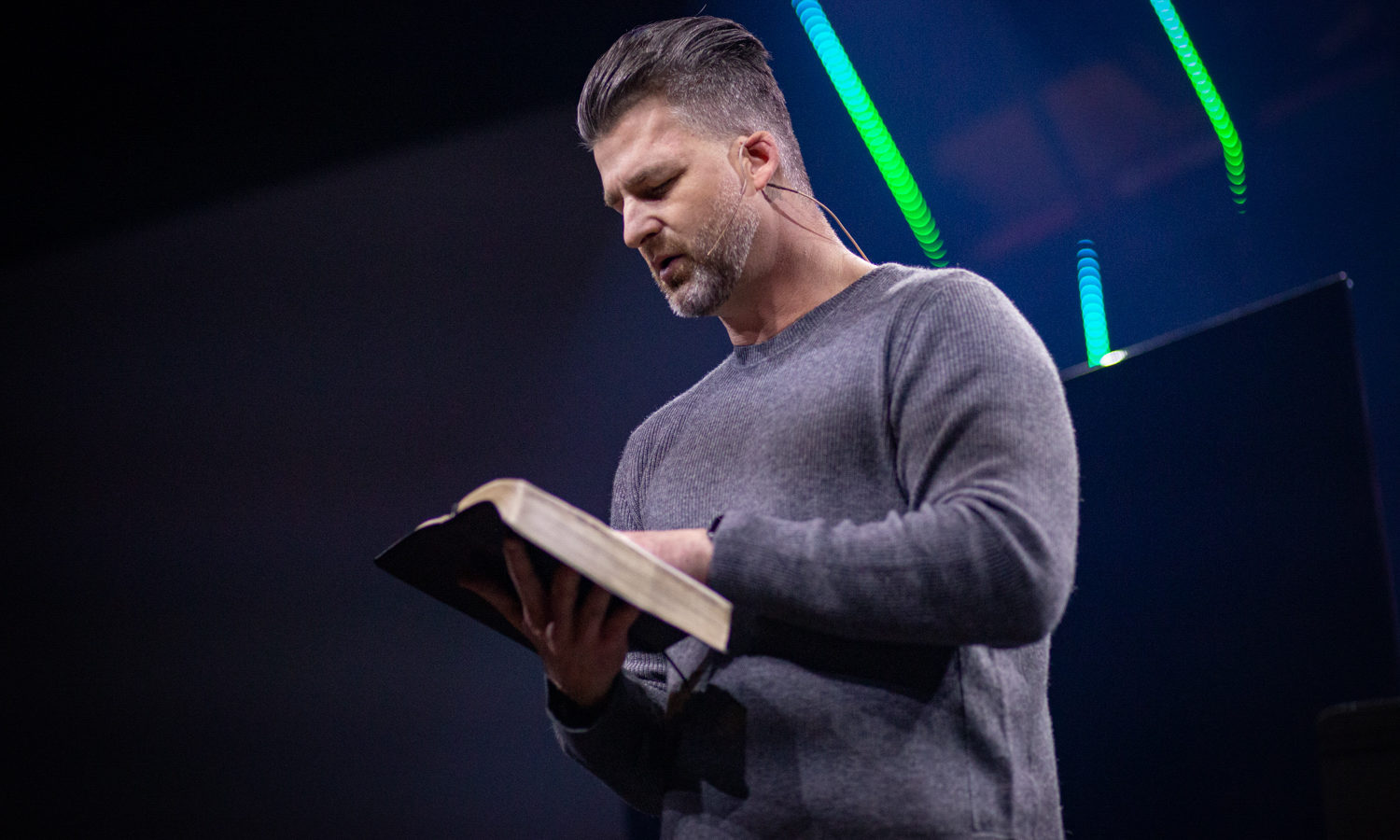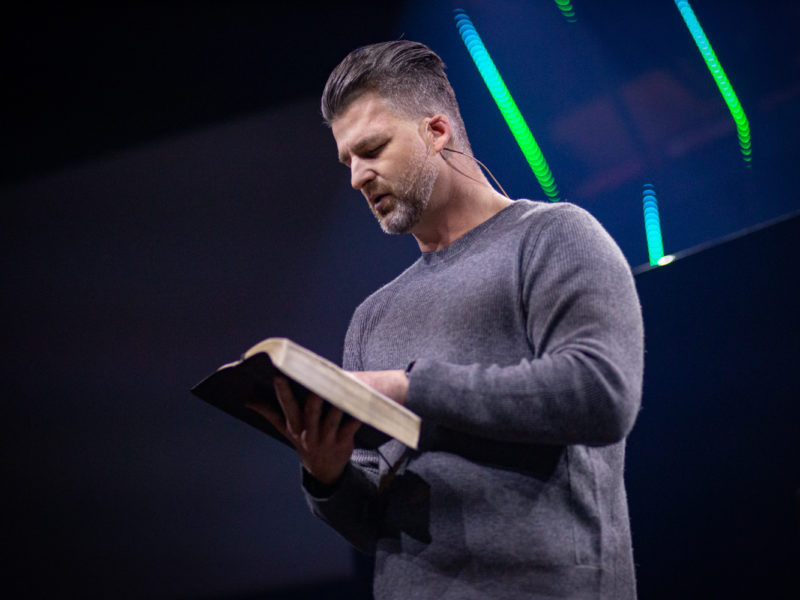Let’s get this out of the way, if you are reading this, and you have any beliefs or ideas about God, congratulations, (hands you invisible diploma) you’re a theologian! The only question is, where does our theology come from? I think we can all agree that theology matters when it comes to the pulpit and all aspects of ministry, but it seems that when it comes to worship, we are often quick to use our “get out of theology free card.” For example, when choosing songs for Sunday morning, I can recall many times choosing songs based on the fact that they were a certain BPM, or that they had a sweet guitar riff (that I really wanted to play) but rarely taking a good look at the theological content. Now, watch your toes, but as Christians we shake our heads at the pop songs plaguing our radio stations because of their lack of depth, but often the songs we write and sing to our savior and creator of the universe are just as shallow and vague. God has given us the stars to illustrate His innumerable attributes, the cross to demonstrate His unfailing love and His holy word to teach us. There is too much awesomeness here to not make good theology a part of our song selection process.
Let’s take a look at some questions to ask ourselves and our teams as we consider a set list for Sunday morning worship:
What criteria do we use to select our worship songs?
It’s always a good idea to communicate to our teams or even reevaluate for ourselves the process we use to pick our worship set.
What am I communicating about Christ?
Let’s face it, if you are on a stage or behind a microphone you have just set yourself up as a leader and whatever you say or sing in the name of Christ will carry weight, people are listening.
This is a privilege and huge responsibility that we are entrusted with, let us not take it for granted, our message is too important.
What is my motivation for choosing this song?
God created emotions, emotions are good, but a compromise I have frequently made is sacrificing a song with a great theology for a more vague song because I know it will evoke an emotional reaction from my audience. As worship leaders we can get caught up in gauging the success of a particular song by how many people raise their hands or cry etc. Many of my most memorable worship times were spent in silence contemplating the words I was hearing. Our job is to communicate the truth of Jesus through music and give an opportunity for others to meet with God, not to just make people cry, that’s Coldplay’s job.
Yes, a great melody over the perfectly crafted chord progression is important, but without the message of Jesus, without solid theology, we are missing an opportunity to be a part of a potentially life changing experience for whoever is listening, and someone is always listening. Our message is too important to not invest the time it takes to craft.
As worship leaders and songwriters, we have been entrusted with the task of communicating the truth and personhood of Christ to our audience. By choosing material that is theologically and biblically sound, we are able to communicate that truth far more effectively than just using fun and catchy music.


